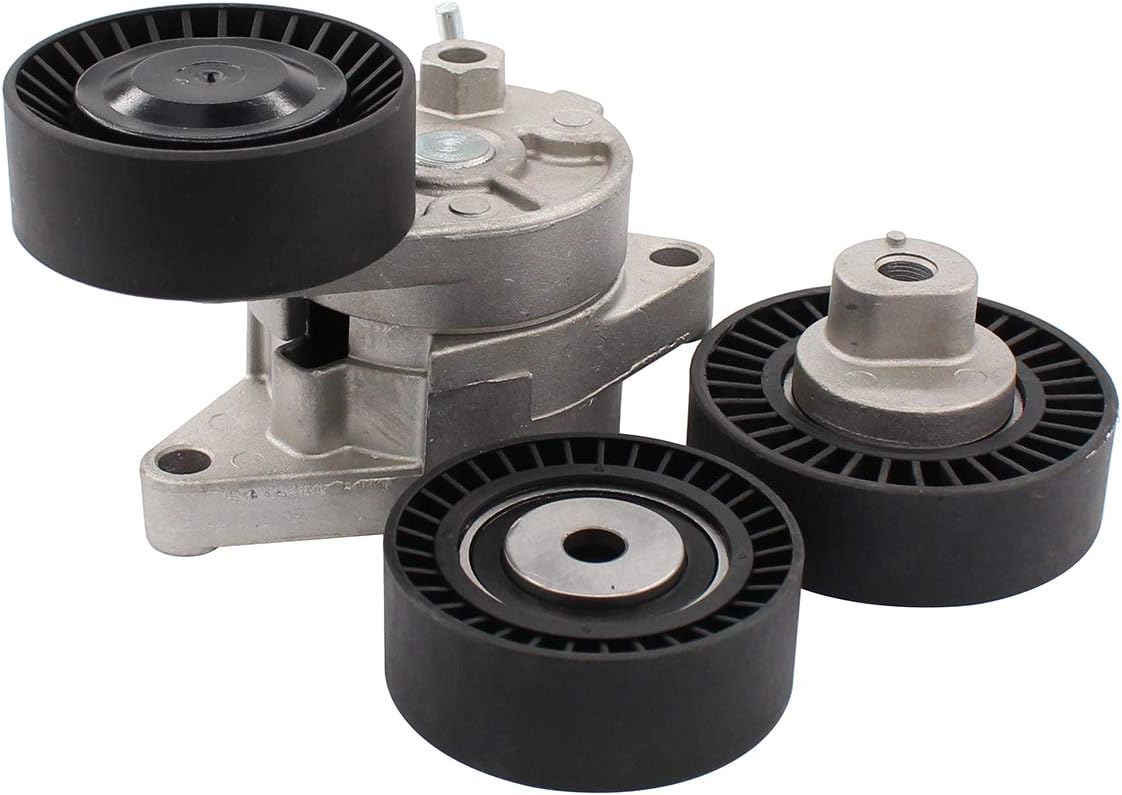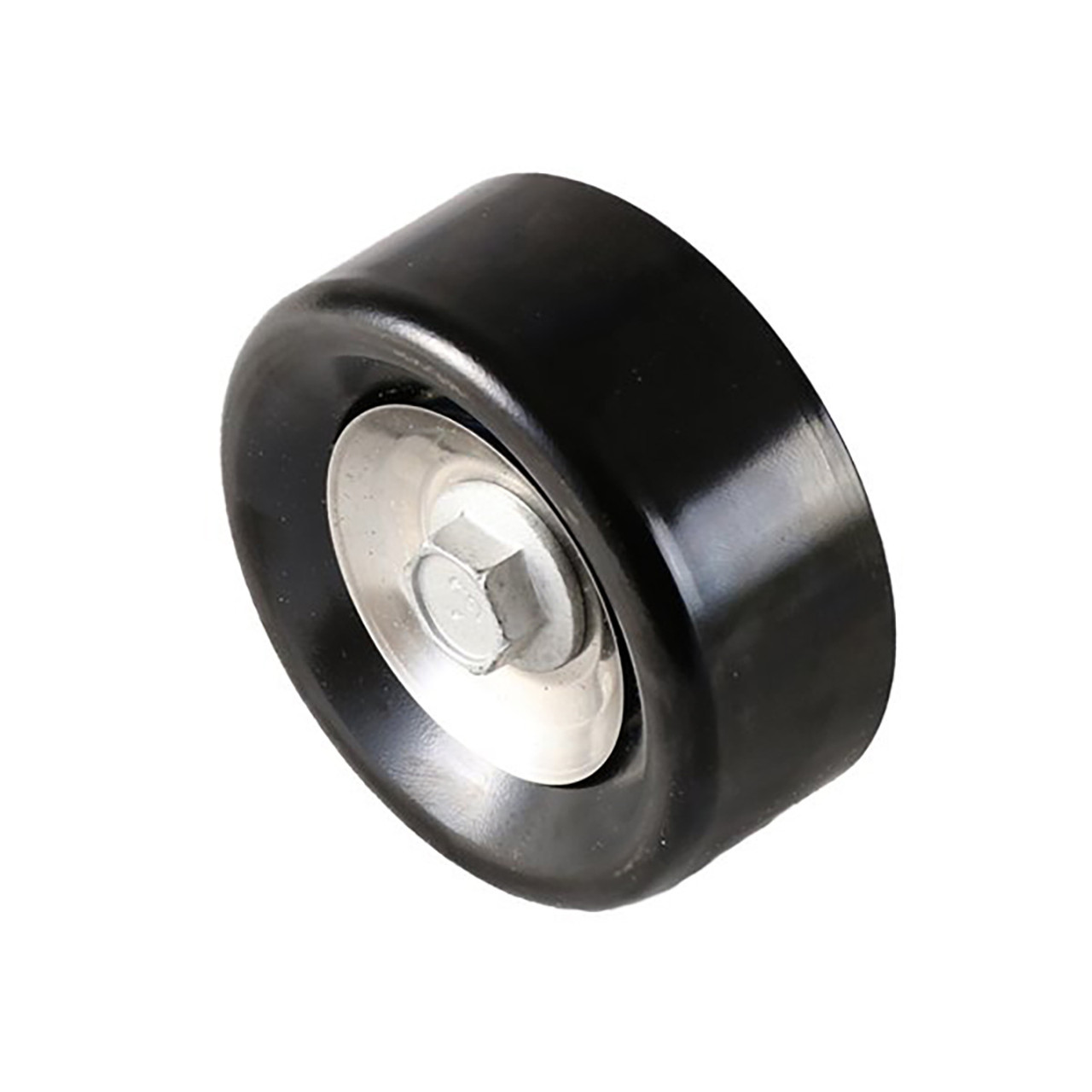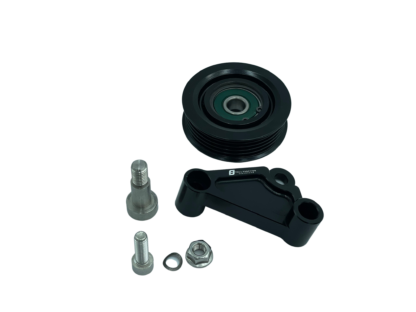Product Description
Our Advantages
We has been providing genuine and high quality engine parts at the lowest possible cost in China, and got a high reputation from our clients due to the reliable quality, competitive price and on-time delivery.
1.Durable and high Quality.
2.Nice-looking packing.
3.Prompt delivery.
4.Wide range of parts for more models available.
5.Most competitive wholesale prices.
6.One stop buying service provided.
| PART NAME | Idler Pulley Support | PART NO | 3975326 |
| ENGINE MODEL | NT855 NTA855 | QUALITY | GENUINE AND CHINAMFG AVAILABLE |
| PACKING | STHangZhouRD PACKAGE | WARRENTY | 6 MONTHS |
| MOQ | 1PC | PAYMENT TERM | T/T, WERTERN UNION, L/C |
| DELIVERY TIME | 7DAYS | FOB PORT | HangZhou,HangZhou,ZheJiang , HangZhou. ETC |
Detailed Photos
Certifications
Company Profile
FAQ
Question 1:How to buy engine spare parts? First of all, please tell us the part number of the parts you need. We will supply the same parts as yours. Secondly, if you don’t know the part number, please provide parts name and engine series number, then we will check the part number through engine series number.
Question 2:How long is the delivery time? For complete engine and Power units , we need to arrange production according to the order, our general delivery time is 15-30 days. For spare parts , our general delivery time is 3-10 days.
Question 3:How to arrange delivery? Considering the large volume and weight of our products, to save the shipping cost, we generally recommend ship to your nearest port For small items and urgent orders, we can also provide air shipment and send goods to the airport in your city or your company address.
Question 4:How about Payment Methods? We suggest 30/70,T/T payment method: 30 percent down payment on placement of the order, with the remaining 70% due CHINAMFG shipment. Question 5:How about Packing Methods? Normally we use wooden boxes for packaging or we can pack it according to your special needs.
|
Shipping Cost:
Estimated freight per unit. |
To be negotiated |
|---|
| Certification: | CCC, ISO9001, CE, RoHS |
|---|---|
| Standard Component: | Standard Component |
| Technics: | Casting |
| Samples: |
US$ 58/Piece
1 Piece(Min.Order) | Order Sample |
|---|
| Customization: |
Available
| Customized Request |
|---|
Can idler pulleys be used in DIY projects and home improvement tasks?
Yes, idler pulleys can be used in various DIY projects and home improvement tasks. Here’s a detailed explanation of their potential applications in such endeavors:
1. Belt-driven Systems:
Idler pulleys are commonly used in belt-driven systems in DIY projects and home improvement tasks. For example, if you are building a homemade conveyor belt for material transportation or a power transmission system for a small workshop setup, idler pulleys can play a crucial role. They help guide the belt, maintain proper tension, and ensure efficient power transmission between the driving and driven pulleys.
2. Mechanical Repairs:
Idler pulleys can be utilized in mechanical repairs around the house. If you have a malfunctioning or worn-out idler pulley in a lawnmower, garage door opener, or other mechanical equipment, replacing it with a new idler pulley can help restore the proper functioning of the system. Idler pulleys are often used in these applications to control belt tension, reduce vibration, and maintain smooth operation.
3. Exercise Equipment:
Many DIY enthusiasts and homeowners build their exercise equipment, such as weightlifting machines or running treadmills. Idler pulleys can be incorporated into these projects to guide cables or belts, ensuring smooth movement and proper tension. They contribute to the safe and effective operation of the exercise equipment.
4. Garage Storage Systems:
In DIY garage storage systems, idler pulleys can be utilized to facilitate smooth movement and easy access. For example, if you are building an overhead storage system with pulleys and ropes to lift and lower items, idler pulleys can help guide the ropes and maintain tension, ensuring the system operates smoothly and securely.
5. Customized Machinery:
If you have a specific DIY project that involves customized machinery or moving parts, idler pulleys can be employed to support and guide belts or cables. Whether you are constructing a homemade CNC machine, a 3D printer, or a robotic arm, idler pulleys can assist in the precise movement and control of the belts or cables, enhancing the overall functionality of the system.
6. Arts and Crafts:
Idler pulleys can even find applications in arts and crafts projects. For instance, if you are creating a kinetic sculpture or a mobile artwork piece, idler pulleys can be used to guide and control the movement of strings, wires, or other flexible materials. They add a dynamic element to the artwork, enabling smooth and captivating motion.
When incorporating idler pulleys into DIY projects or home improvement tasks, it is important to consider factors such as proper alignment, tensioning, and maintenance. Ensuring that the idler pulleys are correctly sized, securely mounted, and appropriately tensioned will contribute to their effective functioning within the project.
Overall, idler pulleys offer versatility and can be valuable components in a wide range of DIY projects and home improvement tasks, providing support, guidance, and tensioning for belts, cables, and other flexible materials.
What maintenance procedures are necessary to ensure the reliability of idler pulleys?
Maintenance procedures are essential to ensure the reliability and longevity of idler pulleys. Here’s a detailed explanation of the maintenance procedures necessary to ensure the reliability of idler pulleys:
1. Regular Inspection:
Regular visual inspections of idler pulleys are crucial to identify any signs of wear, damage, or misalignment. Inspect the pulleys for cracks, excessive wear on the grooves, or any unevenness in the surface. Also, check for proper alignment and ensure that the pulley spins freely without any wobbling. Regular inspections help detect early warning signs and allow for timely maintenance or replacement.
2. Lubrication:
Proper lubrication of idler pulleys is important to minimize friction and reduce wear. Refer to the manufacturer’s guidelines or specifications to determine the appropriate lubricant and lubrication intervals. Apply the lubricant to the pulley bearings as recommended, ensuring that the lubrication reaches all necessary points. Adequate lubrication helps maintain smooth rotation and prevents premature bearing failure.
3. Tension Adjustment:
Check and adjust the tension of the belts or chains guided by the idler pulleys as per the manufacturer’s recommendations. Proper tension ensures that the belts or chains remain engaged with the pulleys and prevents slippage. Use tension measuring tools or follow the recommended tensioning procedures to ensure accurate and consistent tension across the system.
4. Cleaning:
Regular cleaning of idler pulleys helps remove dirt, debris, and contaminants that can affect their performance. Use a suitable cleaning method, such as wiping with a clean cloth or using compressed air, to remove accumulated particles. Pay attention to the grooves and surfaces of the pulleys to ensure they are clean and free from any obstructions that could interfere with belt or chain operation.
5. Alignment Checks:
Periodically check the alignment of the idler pulleys with respect to the other pulleys in the system. Misaligned pulleys can cause belt or chain misalignment, leading to increased wear and reduced efficiency. Use alignment tools or techniques to assess and correct any misalignment issues, ensuring that the idler pulleys are properly aligned with the rest of the system.
6. Replacement:
Idler pulleys have a limited lifespan and may eventually require replacement. Follow the manufacturer’s guidelines or industry standards to determine the recommended replacement intervals. Replace idler pulleys that show signs of significant wear, damage, or if they no longer meet the required specifications. Regularly replacing worn-out or damaged idler pulleys helps maintain the reliability and performance of the system.
7. Record Keeping:
Maintain a record of maintenance activities performed on the idler pulleys. This record should include inspection dates, lubrication schedules, tension adjustment details, cleaning procedures, alignment checks, and replacement dates. Keeping accurate records helps track maintenance history, identify patterns, and plan future maintenance activities effectively.
By following these maintenance procedures, you can ensure the reliability of idler pulleys, minimize downtime, and extend their service life. Regular inspections, proper lubrication, tension adjustment, cleaning, alignment checks, replacement when necessary, and maintaining comprehensive records will contribute to the smooth and efficient operation of the idler pulleys and the overall mechanical system.
Can you explain the primary functions and components of an idler pulley?
An idler pulley serves important functions in mechanical systems and consists of several key components. Let’s explore the primary functions and components of an idler pulley:
1. Primary Functions:
– Belt Guidance: The main function of an idler pulley is to guide the belt along a desired path, changing its direction as necessary. This ensures efficient power transmission and proper operation of the system.
– Tension Maintenance: Idler pulleys help maintain tension in the belt by taking up slack and preventing belt sagging or slippage. Proper tension is essential for optimal power transfer and system performance.
2. Components:
– Pulley Wheel: The pulley wheel is the circular component with a groove or V-shape that accepts the belt. It rotates on a fixed axle or bearing and provides a contact point for the belt to ride on.
– Axle or Bearing: The axle or bearing is the component that allows the pulley wheel to rotate smoothly. It provides support and reduces friction, ensuring efficient movement of the belt.
– Mounting Bracket: The mounting bracket is used to secure the idler pulley in its designated position within the system. It may be attached to a stationary structure or integrated into a movable mechanism.
– Tensioning Mechanism (Optional): In some cases, idler pulleys may incorporate a tensioning mechanism. This can include a spring-loaded arm or an adjustable bracket that allows for easy adjustment of belt tension.
– Housing or Guard (Optional): Depending on the application, an idler pulley may be enclosed within a housing or guarded to protect it from external elements and to prevent accidental contact with moving parts.
It’s important to select an idler pulley that is compatible with the specific belt type, system requirements, and load conditions. Proper installation and periodic maintenance, such as lubrication of bearings and inspection for wear, are essential to ensure smooth operation and extend the lifespan of the idler pulley.
editor by CX
2023-09-21




